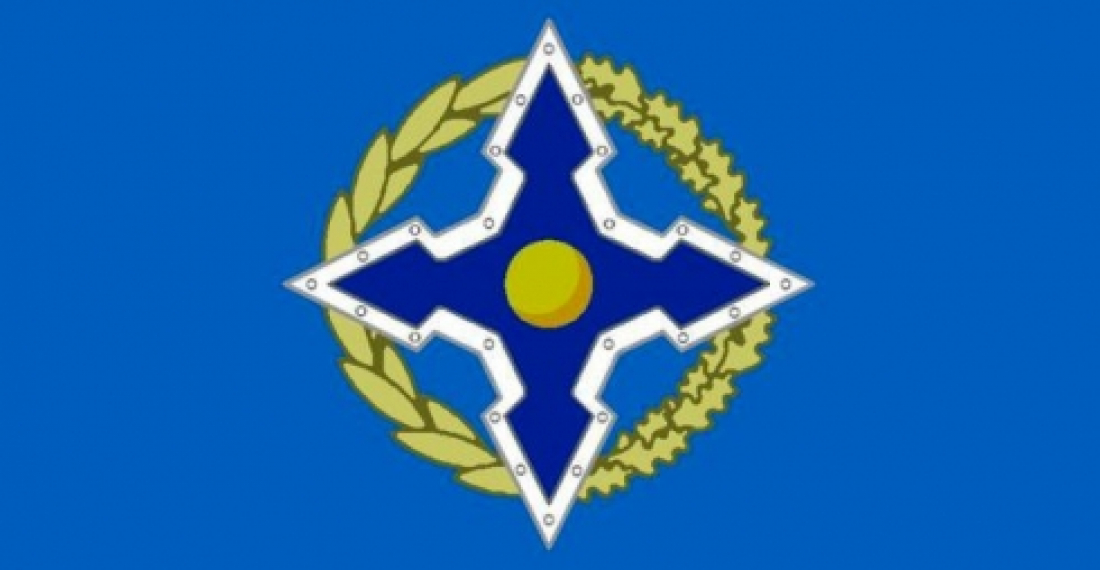Russia is preparing to boost the Collective Security Treaty Organisation (CSTO) as it prepares to take over the rotating Chairmanship of the alliance during a summit to be held in Sochi on Monday.The meeting ix expected to be attended by the leaders of Armenia, Belarus, Kazakhstan, Kyrgyzstan, Russia and Tajikistan.
Russian President Vladimir Putin is expected to make a speech about the priorities of Russia's future presidency in CSTO, the organization's spokesman Vladimir Zainetdinov said in a statement posted on the CSTO website.
"Much attention will be paid to security on member states' borders, first of all taking into account the planned 2014 withdrawal of foreign military forces from Afghanistan," the Kremlin press service said in a statement.
Along with security issues, member states would consider making a joint statement on the recent developments in Syria, Zainetdinov said.
Putin's spokesman Dmitry Peskov said that Putin will meet with all CSTO leaders on the sidelines of the meeting, including Belarusian President Alexander Lukashenko. However, no formal meeting between the two leaders is planned, presidential aide Yuri Ushakov said later.
The meeting comes at a time when the Russian leadership is actively pursuing a policy of strenghtening the institutions that were created over the last decades following the collapse of the USSR. Critics have in the past criticised the ineffectiveness of institutions such as the Commonwealth of Independent States, which remains largely a talking shop. CSTO, whilst only bringing together six of the post Soviet countries, has been somewhat more effective. The Russian Government hopes that the future Eurasian Economic Union will similarly be able to overcome difficulties and suspiciouns to become an effective regional organisation.
Some former Soviet Republics have refused outright to participate in either the CSTO, as well as the Eurasian Union but the Russian government has become increasingly assertive in engaging with several governments to entice them to join. There is very little likelyhood that Georgia, Moldova and Ukraine will ever do so, and the leaderships in Turkmenistan and Uzbekistan have also preferred to pursue a more independent foreign policy. Azerbaijan has professed to pursue a "balanced" foreign policy and has sought good relations with Russia but has, so far, been reluctant to join its regional alliances. However with the Eurasian Union increasingly a favorite topic of President Putin, pressure on Azerbaijan is likely to increase.
source: commonspace.eu. with RIA Novosti
image: The emblem of the Collective Security Treaty organisation (CSTO)







